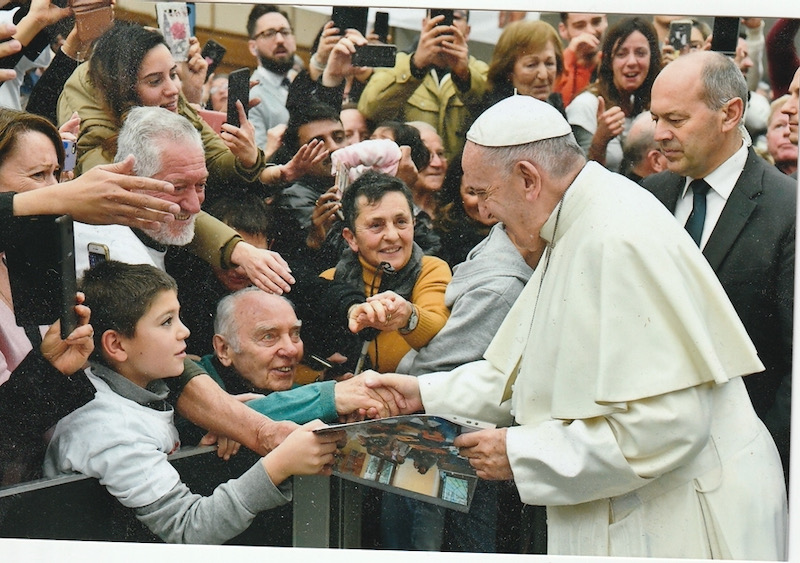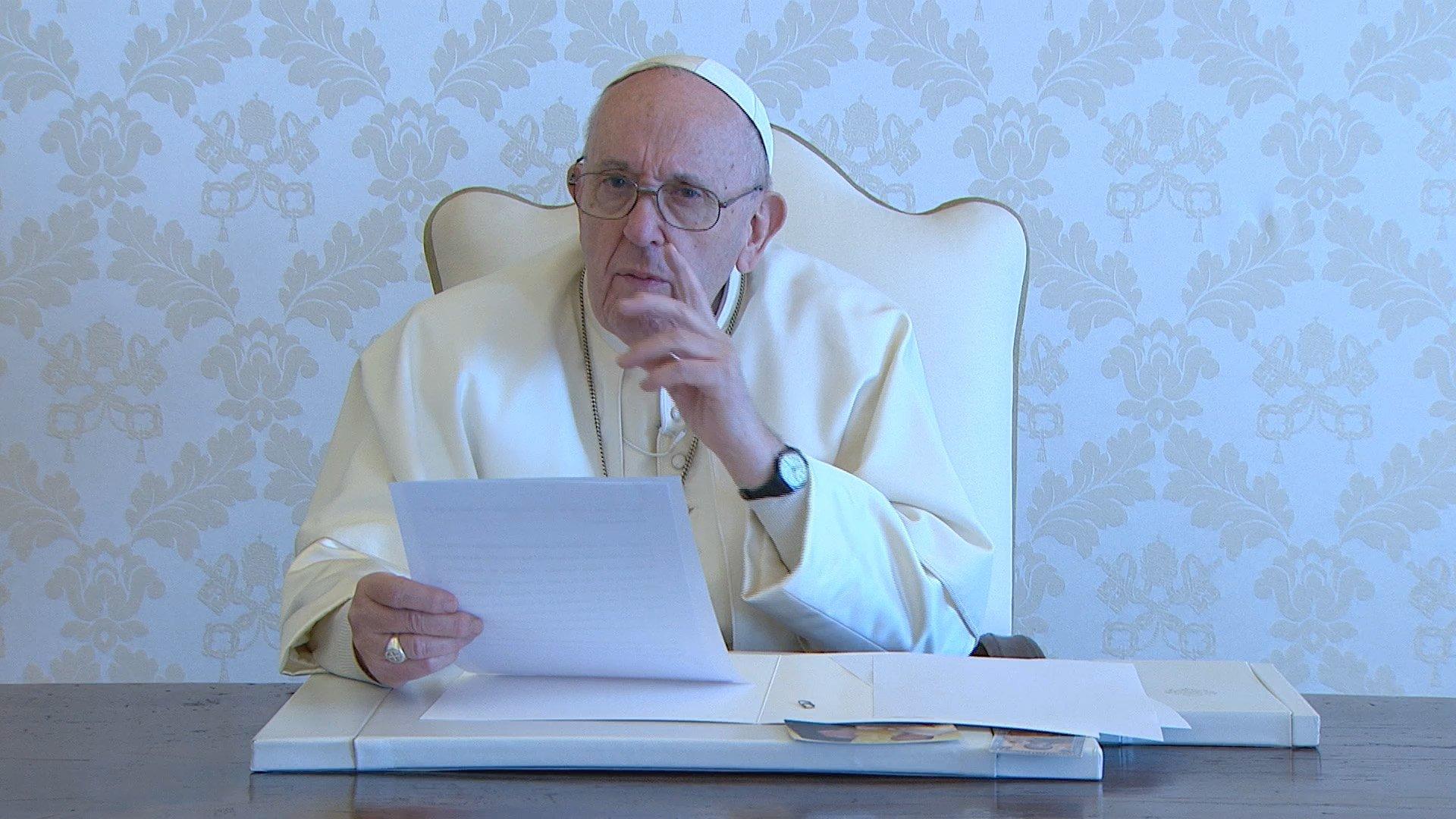A politics “with the people” which is rooted in service and local concerns is the best antidote to populism, Pope Francis has told community organisers in London.
In a speech to an online conference that fleshed out his thinking on how to combat populist trends, the Argentine Pope called for a “popularism” that is a vision of “finding the means to guarantee a life for all people that is worthy of being called human” when it comes to work, wages and housing.
His message was sent to an online event organised by the Centre for Theology and Community in East London and six other Catholic institutions from the UK, US, Germany and Italy, which was reflecting on the Pope’s recent book Let Us Dream.
In his address, Francis cited the notion of “inclusive populism” put forward by the Anglican priest, Angus Ritchie, who is the leader of the theology and community centre. Ritchie writes about this idea as a way to engage grassroots communities in the public square so as to combat both the exploitative populism of the far-right and the failure of liberal politics to engage a broad cross-section of groups in decision making. Ritchie says his thinking has been inspired by the Pope.
A renewed political vision, Francis explained in his message, is a “politics with a capital P” which is not “just for the people, but with the people, rooted in their communities and in their values”.
By contrast, the Pope went on, populism is a form of “political paternalism”, controlled by ideology and which goes by the slogan “everything for the people, nothing with the people”. He warned that a politics which has “contempt” for the culture of the people, including their “cultural, religious and spiritual values” is the beginnings of the abuse of power.
“A politics that turns its back on the poor will never be able to promote the common good. A politics that turns its back on the peripheries will never be able to understand the centre and will confuse the future with a self-projection, as if in a mirror,” Francis explained.
“In recognising the importance of spirituality in the lives of the people, we regenerate politics.”
Throughout his pontificate, the Pope has acted as a counterweight to populist political trends which so often seek power through divide and rule strategies, and by demonising minority groups. Francis described former President Donald Trump’s plan to build a wall on the US-Mexico border as “not Christian,” while his pro-migrant stance saw him targeted by Matteo Salvini, Italy’s leader of the far-right Northern League party.
In Francis’ book Let Us Dream – written with papal biographer and former deputy editor of The Tablet, Austen Ivereigh – he said that listening to some contemporary political leaders reminded him of dictators from the 1930s.
“Today, listening to some of the populist leaders we now have, I am reminded of the 1930s, when some democracies collapsed into dictatorships seemingly overnight,” he wrote. “We see it happening again now in rallies where populist leaders excite and harangue crowds, channelling their resentments and hatreds against imagined enemies to distract from the real problems.”
In Let Us Dream, Francis calls on every diocese across the world to have an “ongoing collaboration” with community organisers or what he terms “people’s movements”. This is envisaged as a dialogue.
“Some accuse you of being too political, others of trying to impose religion,” he told those taking part in the conference. “But you understand that respect for the people means respect also for their institutions, including their religious ones; and that the role of those institutions is not to impose anything but to walk with the people, reminding them of the face of God who always goes before us.”
Church leaders, he said, should be able to “walk in front, among, and behind the people” and be read to “allow the people, with its own nose for these things” to find “for itself the right paths”.
He pointed out that the Church was born on the margins of society, and that it is by working among the poorest communities, and not being afraid to embrace people’s suffering, that a “missionary vigour” can be reborn. If the Church disowns the poor, he said quoting from Let Us Dream, “she ceases to be the Church of Jesus; she falls back on the old temptation to become a moral or intellectual elite.”



 Loading ...
Loading ...